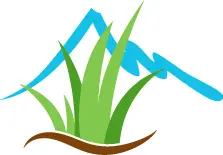Continuing Education Credits
The RMRTA Conference will offer several options for CEC for the following categories: LR, 108, 206, 207 and Core Credits. See below. Also, the conference has been approved by Nebraska and Wyoming for our out of state attendees.
GCSAA and SFMA have both approved the conference for external education points!
These codes will be given at the end of the conference.
